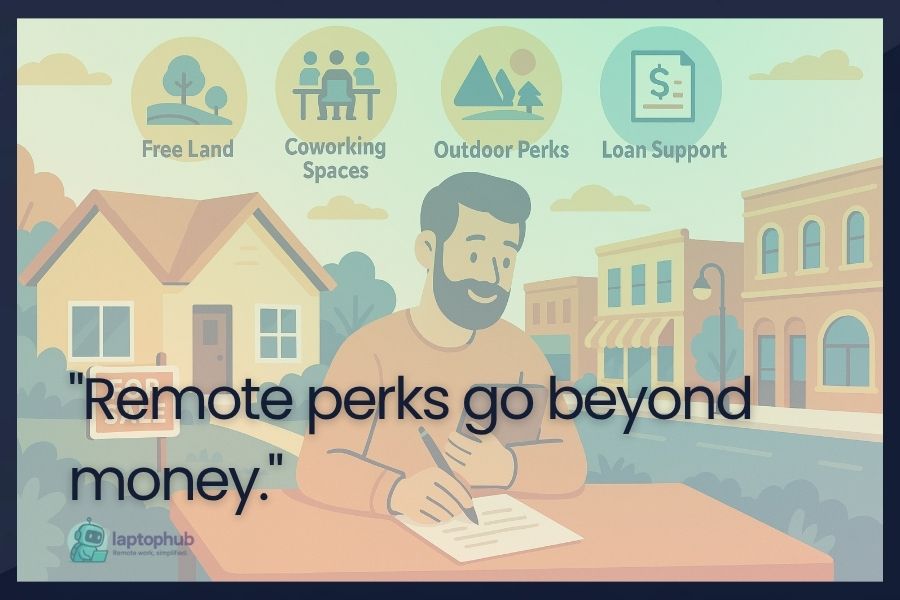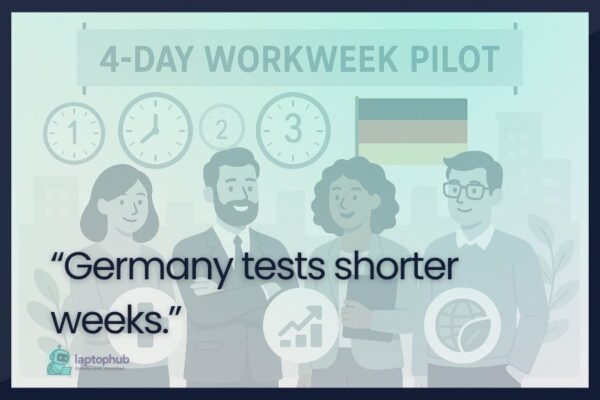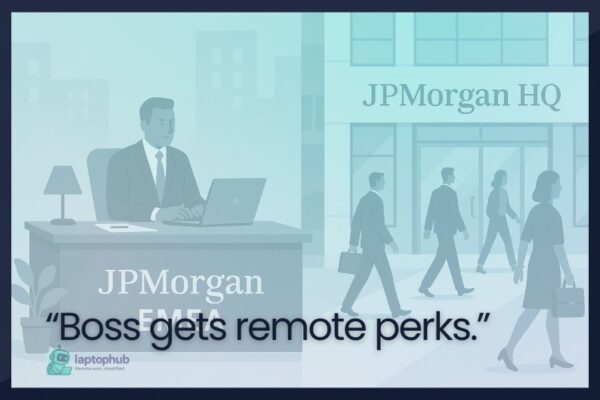Over the past few years, more than 21 towns across the U.S. have rolled out remote-worker packages combining cash incentives with non-monetary perks. These programs aim to counteract population decline, boost local economies, and inject vitality into small communities that have lost residents to cities.
According to Business Insider, these initiatives now include a diverse range of offerings: Tulsa, OK, provides a $10 000 stipend; Greensburg, IN adds community perks like “Grandparents on Demand”; Hamilton, OH offers up to $15 000 for STEAM graduates; Ascend WV combines $12 000 with outdoor recreation vouchers. Other towns, like Manilla, IA and Lincoln, KS, offer free land, while places like Bemidji, MN and Ketchikan, AK include coworking access and free internet—all designed to attract full-time remote or recent-graduated workers meeting income and work requirements
Broader implications for relocation incentives
These programs show that municipalities recognize money isn’t everything. Providing support for housing, infrastructure, career networking, and loan relief can be equally important in drawing and retaining newcomers. The layered approach often helps remote workers feel welcomed and integrated rather than transient.
Challenges in measuring success
While early participants report economic boosts—new local businesses, higher property values, and increased tax revenue—towns face ongoing questions: Are incentives drawing transient newcomers or residents who stay, invest, and integrate long-term? Some locals worry about rising housing costs or resentment toward outsiders who didn’t grow up in the community.
Lessons for remote-destination planning
To avoid short-lived gains, experts suggest municipalities:
- Offer tailored support like local mentorship and co-living arrangements
- Ensure infrastructure (e.g., broadband, schools, health facilities) can handle new growth
- Monitor long-term retention and community integration
Towns that plan beyond initial sign-ups and focus on sustainable integration tend to maximize the economic and social benefits of remote worker programs.





